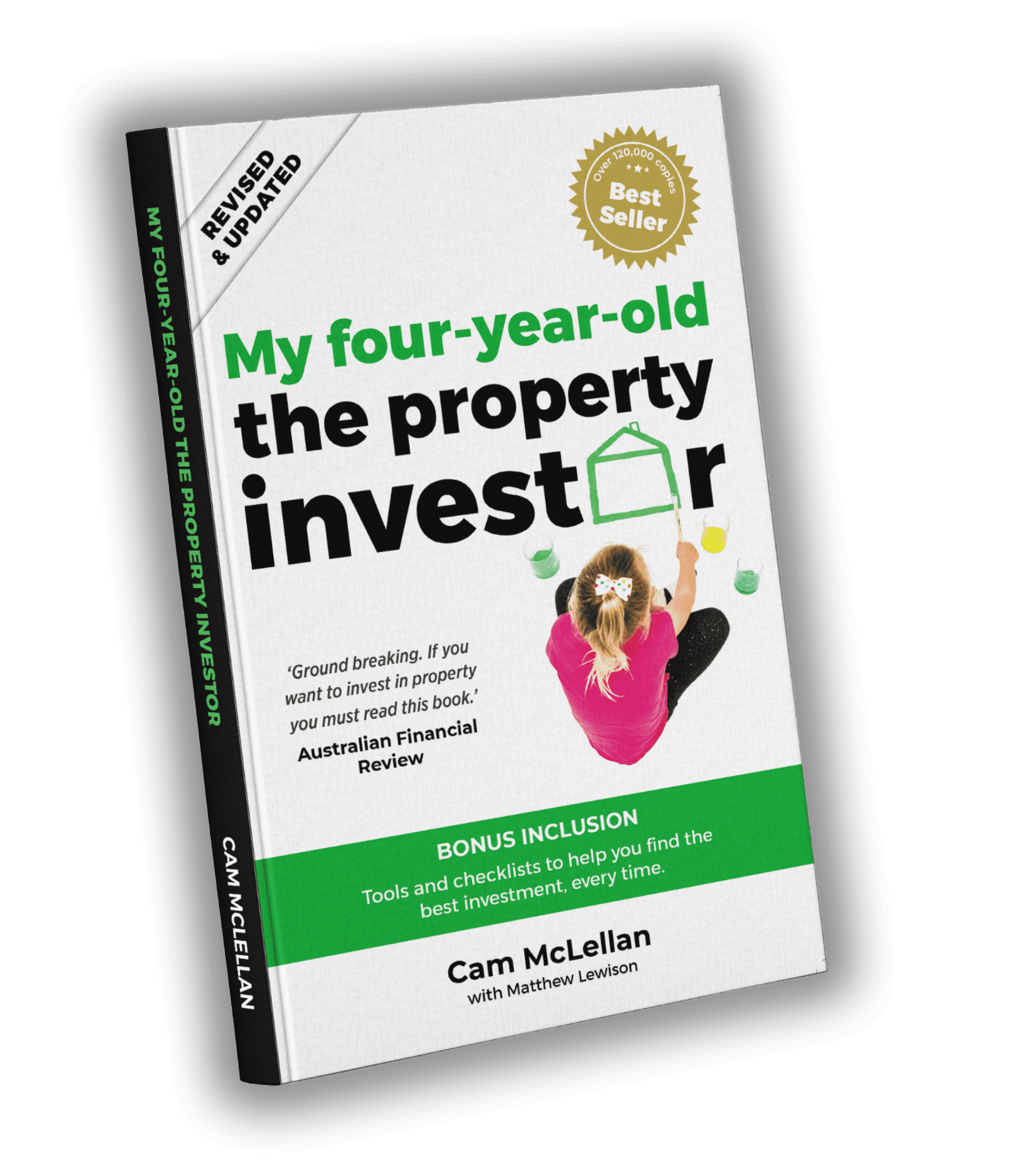As a new property investor, it’s your priority to ensure that you don’t just buy an investment property. To ensure that your purchase delivers a high return on investment, it’s all a matter of using a strategy that works for your circumstances and boosts your bottom line.
Here are five common investment strategies to consider before you enter the property market.
Common Real Estate Investment Strategies
1. Capital Growth: Buying an Investment Property In High-Growth Area
Many real estate investors choose to start here. Capital growth describes the expectation that when you buy a property within a high-demand area, your property will increase in value exponentially over time.
It involves minimal work for the investor, as they rely on the market to dictate their financial success. But it’s your surest way of reaching financial freedom.
Best for: Those willing to wait 5+ years for a long-term benefit.
2. Buying and Holding Properties
Many real estate investors may choose to purchase their property and hang on to it for years. As a passive property investment strategy, the theory is that investments yield a higher return as capital growth compounds.
Unlike the capital growth strategy, the idea here is that you hold onto the property for as long as you possibly can. The main ingredient is time – in theory, the longer you hold the property, the more profit you’ll make.
Best for: Those willing to commit to long-term property investments or who are wary of high risk strategies.
3. Flipping An Investment Property
Turning a shabby apartment into a chic and modern dream home is a great way to improve its value to rent at a higher rate.
It’s all matter of buying the worst property on the best block, being financially savvy with renovations, and then selling at a higher price, or renting to prospective tenants.
Just don’t spend more than you intend to: take the time to educate yourself, budget for build costs and the cost of labour, and give yourself a wide buffer to avoid budget blowout.
Best for: Risk takers. Property flipping can be a risky strategy and is generally not advised for serious investors.
Beginner investors who do choose this strategy might be better off purchasing an investment property in popular rental areas to make it more appealing to prospective tenants.
Keep in mind that renovations are also easier when a body corporate isn’t involved, as any specific by-laws may prevent changes to the property.
4. Positive Cash Flow
Property investors who choose this real estate strategy prioritise higher cash inflows than higher cash outflows. This ensures that rent charged covers the costs of the mortgage, property management, council fees and maintenance.
For example, if your investment property brings in $24,000 per annum through rent, and it costs $10,000 to keep up and running, you’d yield $14,000 in positive cash flow per year.
As a rule of thumb, it’s generally possible to implement this strategy in a tight rental market when mortgage interest rates are low.
Best for:
- Property investors looking to use their profit to subsidise their existing lifestyle
- Those looking to save for another mortgage
- Those looking to offset the losses from a negatively geared investment property.
5. Negatively Gearing a Property
Negatively gearing a property refers to an investment property that is intentionally designed to generate less income than it costs to run. It may sound counterintuitive to intentionally generate a loss, but many use this as a strategy to reduce the amount of tax paid come June 30.
For example, if your rental property generates $15,000 in rent each year, and your property expenses amount to $20,000, you’ll have a taxable loss of $5000. This loss can be used to reduce your annual income, and therefore, the tax you owe at the end of the financial year.
Best for:
- Property investors who have other positively geared properties to cover the loss of profit
- Those with fixed interest rate mortgages
- Those with enough income to cover unforeseen losses.
Understanding the pros and cons of each investment property strategy is key for beginner investors to grow their wealth. Speak with us today to find the right investment strategy for you.








